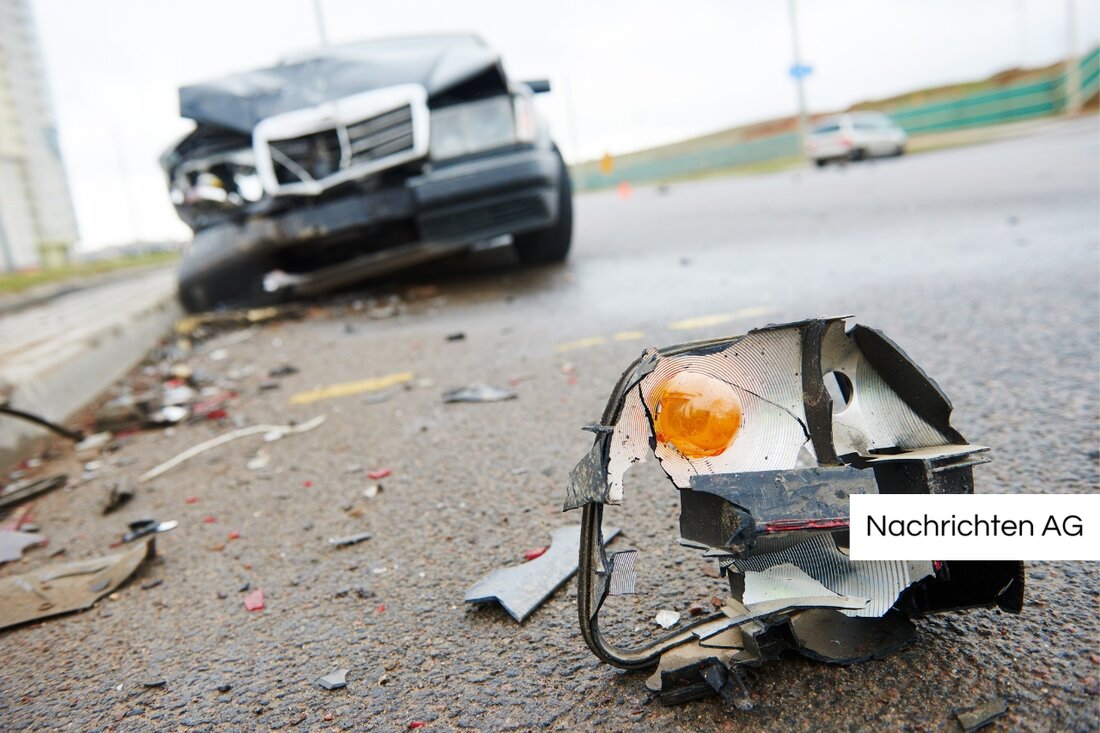Gösgen nuclear power plant: 46 years without safety certificates – danger to the region!
The Gösgen nuclear power plant in Switzerland, which has had no safety record for 46 years, poses serious risks for the region.

Gösgen nuclear power plant: 46 years without safety certificates – danger to the region!
The Gösgen nuclear power plant, located near Basel, has been a worrying issue since it went into operation in 1979. In a recent report, the Swiss nuclear regulator ENSI admitted that the power plant has not met basic safety requirements for 46 years. This discrepancy could have serious consequences, especially considering that a leak outside the reactor building could result in the reactor core no longer being able to be adequately cooled. Such security deficiencies are not new and were already discovered at the turn of the millennium, when the supervisory authority was still deceived by simplified calculations and inaccurate claims by the operator.
The situation came to a head at the end of May when the Gösgen nuclear power plant was shut down due to a lack of safety evidence. Despite this shutdown, Switzerland's electricity supply remained stable, which put fears about dependence on nuclear energy into perspective. Nevertheless, the environmental danger makes the power plant a critical point in Swiss energy policy. A possible nuclear meltdown accident could significantly endanger not only Switzerland, but also large parts of Germany, with the risk of radioactive contamination that could have effects as far away as Stuttgart and beyond.
Safety deficits and instability of the pipes
According to the current report to ENSI, the assumed stability of the cooling pipes in the Gösgen nuclear power plant is fundamentally wrong. Current findings show that, despite previous knowledge, these pipes are more unstable than originally thought. The risk of a serious accident is therefore higher than previously claimed. In the event of an acute incident, it would be necessary for widespread evacuations to be organized in Germany within a few hours, which illustrates the dimension of the potential risk.
In 2024, as part of ENSI's inspections, it was recorded that the Gösgen nuclear power plant had 8 reportable incidents. While most of these incidents have been classified as minor, the fact remains that the safety audits and associated chamber are essential to assessing plant conditions. The Federal Nuclear Safety Inspectorate (ENSI) cites the Beznau and Leibstadt nuclear power plants as examples, where incidents were also reported, but no critical safety deficits to the extent that were observed in Gösgen.
The current discussion about the safety of the Gösgen nuclear power plant is also influenced by future plans for radioactive waste and its disposal. Nagra is planning two general license applications in 2024 that concern the long-term management of radioactive waste. The issue of security and the required evidence is therefore becoming a complex concern among the population in a broader context.
The information available suggests not only necessary but also urgently requested measures to improve safety standards. The discussion about the Gösgen nuclear power plant and its safety deficiencies will certainly not end until significant progress is made.

 Suche
Suche
 Mein Konto
Mein Konto
